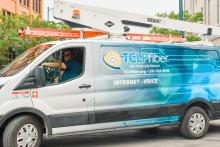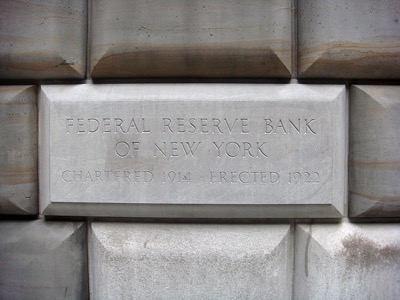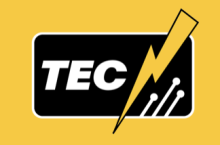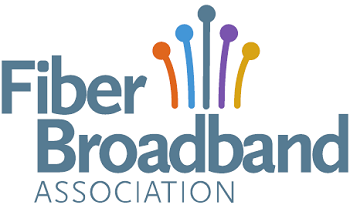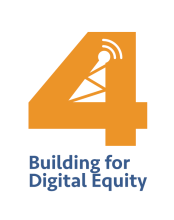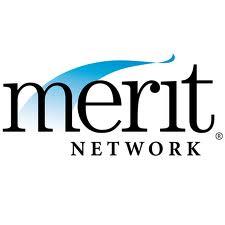Traverse City, Michigan Finalizes Citywide Fiber Expansion
Traverse City, Michigan’s public, community-owned utility, Traverse City Light and Power (TCL&P), is putting the finishing touches on its $14 million plan to deliver affordable fiber to the community of 15,424. With build out estimates significantly lower than initial projections, the utility is finalizing an additional $1 million in loans to fund the recently started expansion project.
Already named last month to the 2025 Broadband Communities Top 100 list, a recent update by the city notes that the utility is currently extending the network to the Base of Old Mission Peninsula, Hastings, Parsons, Munson, and Barlow.
Complete citywide deployment is expected by the Spring of 2026, though the city says it maintains a “stretch goal” of completing the entirety of the “rapid deployment” by this fall.
In deployed markets, locals have three speed and pricing options: a symmetrical 1 gigabit per second (Gbps) tier for $90 a month; a symmetrical 500 megabit per second (Mbps) option for $70 a month; and a symmetrical 200 Mbps option for $60 a month.
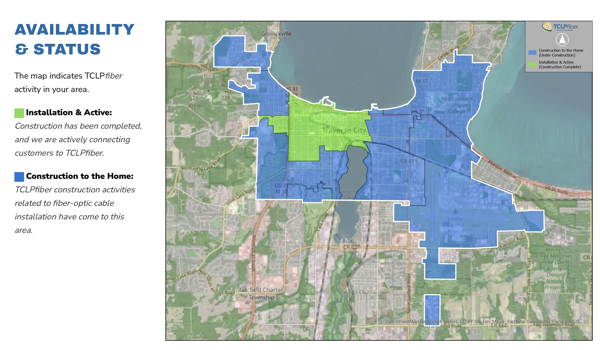
None of the options come with long-term contracts, hidden fees, or usage caps. All three broadband tiers can be bundled with phone service for an additional $10 a month.
Like countless U.S. communities, Traverse City locals were tired by expensive, spotty, substandard broadband access being provided by regional telecom monopolies. In Traverse City that usually means a monopoly on broadband access by Charter Spectrum, peppered with some scattered Brightspeed (formerly Lumen and Centurylink) DSL and fiber lines.


